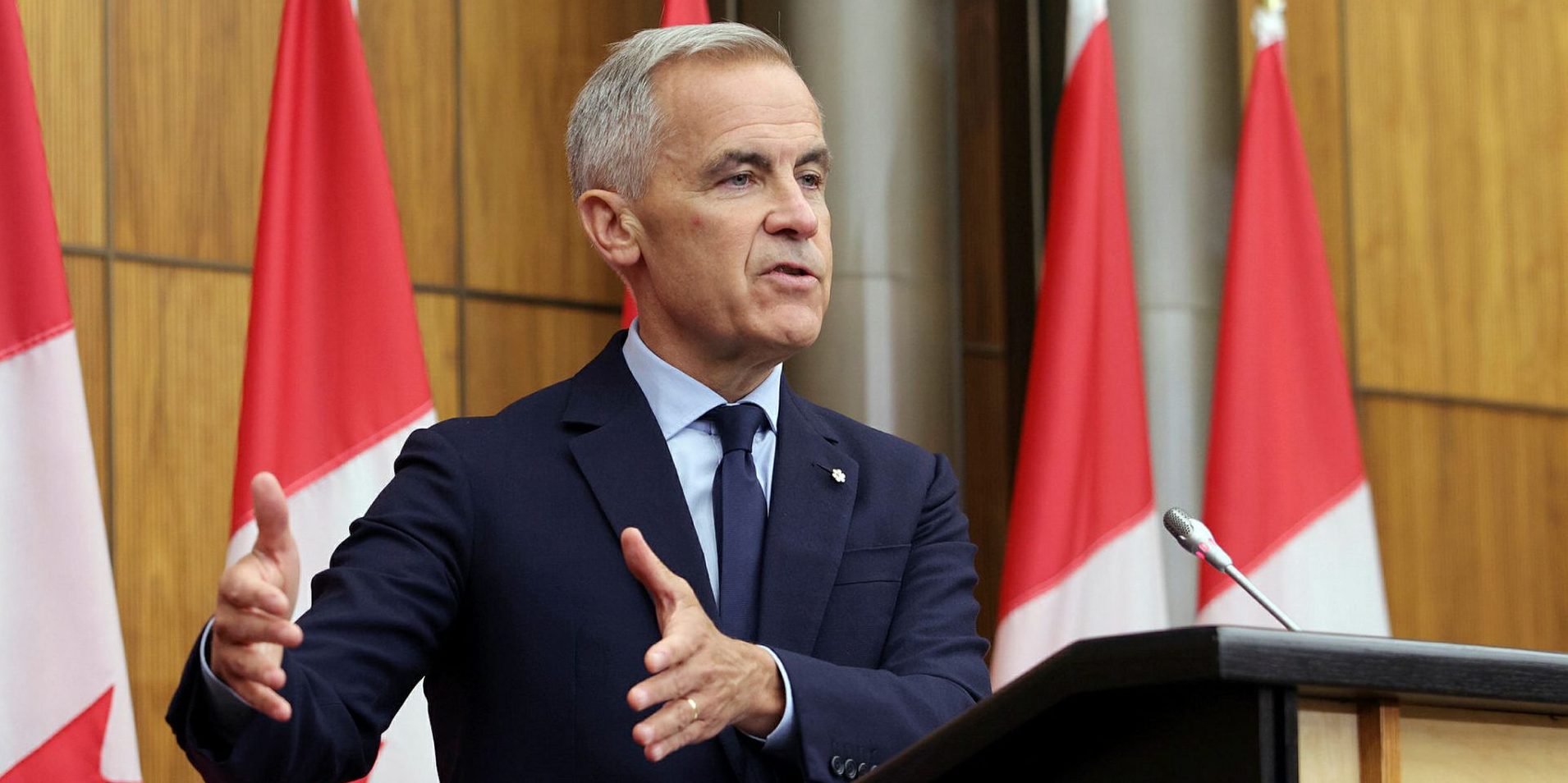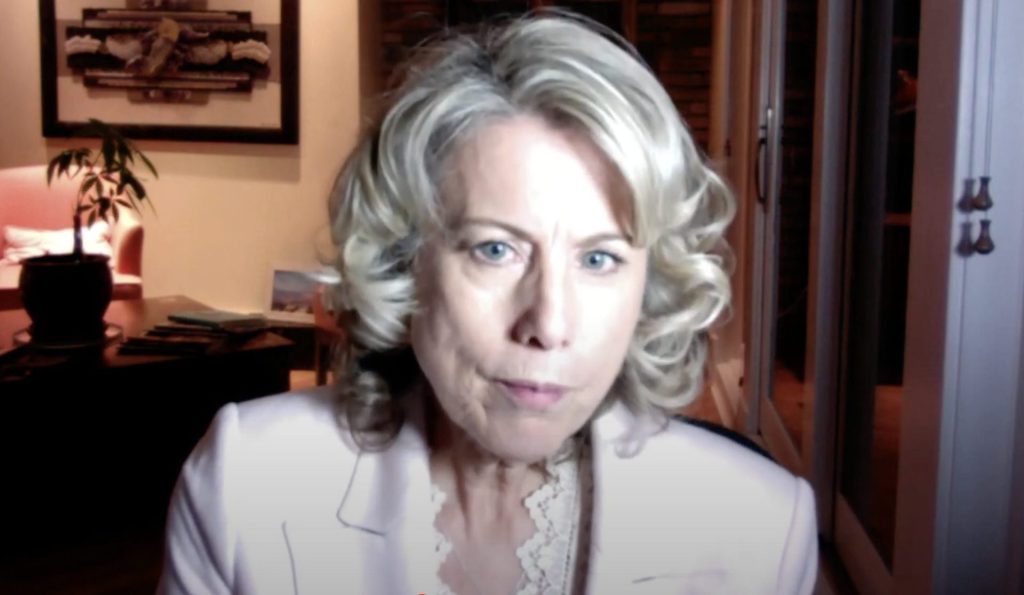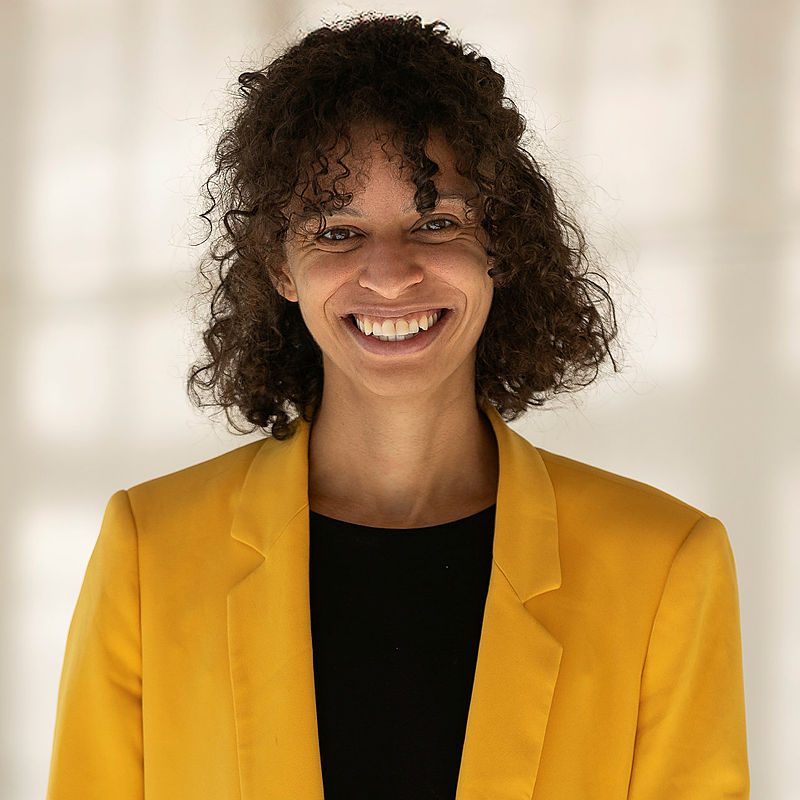Environmental groups, LNG advocates conflict over natural gas demand as Major Projects Office launches

The recent launch of the Liberals’ Major Projects Office is drawing polarizing responses from the fossil fuel sector—which applauds the initiative as a positive step—and environmental groups that are concerned that ramping up certain energy projects, such as liquefied natural gas, would move Canada in the wrong direction.
Prime Minister Mark Carney (Nepean, Ont.) on Aug. 29 launched the Major Projects Office (MPO), intended as a single point of contact so that so-called “nation-building projects” are built faster. Heading up the Calgary, Alta.-based office is CEO Dawn Farrell, whose almost four decades of experience in the energy industry include serving as the president and CEO of Trans Mountain Corporation.

Alex Cool-Fergus, national policy manager for Climate Action Network Canada (CAN-Rac) told The Hill Times that she thinks Farrell’s experience with the fossil fuel sector, as well as the office’s Alberta location, “sends a pretty strong signal of the kinds of energy projects that the prime minister is considering,” when it comes to those deemed to be of national interest.
“For us, clearly, this is not necessarily a good sign. We don’t think that fossil fuels are the energy source of the future, and we would like to see Canada moving more quickly to diversify our economy away from these energy sources,” she said.
Prior to the MPO’s launch, Energy Minister Tim Hodgson (Markham—Thornhill, Ont.) made a speech at the Canadian embassy in Berlin where he said that Canada is emphasizing speed in getting new infrastructure built so it can ramp up energy exports, including liquefied natural gas (LNG), as reported by Global News on Aug. 27.
Cool-Fergus said her organization views the possibility of expanding LNG exports “very negatively.” She cited a study by the International Energy Agency released in November, 2024, which predicts that global LNG markets are barrelling towards, as the study calls it, “an unprecedented supply glut.”
The study concluded that a surge in LNG supply expected by 2030, primarily from the United States and Qatar, will create a wave of oversupply that will outpace demand. According to the report, LNG demand growth remains uncertain, with demand in the mature markets of Europe, Japan, and South Korea likely to decline in coming years.
“We see [LNG] as a complete move in the wrong direction with regards, not only to the diversification of Canada’s economy, but also … to climate change,” said Cool-Fergus.
According to Cool-Fergus, a “national interest project” should be defined by what advances the interests and well-being of Canadians. She argued that LNG projects don’t fit that mould.
When it comes to projects in the national interest, Cool-Fergus said she would support Canada developing an east-west electricity grid to deliver renewable energy at an affordable rate across the country.

“We want people’s quality of life to be improved, and that includes having clean water, clean air to breathe, [and] a future in which they’re protected from heat waves and wildfires. And we also see national interest projects as being defined as respecting the UN Declaration on the Rights of Indigenous Peoples,” she said.
“We think that the federal government has to go back to the drawing board, and really rethink the way that they are approaching these projects.”
A list of national interest projects was yet to be announced as of Sept. 4.
A CAN-Rac press release on Sept. 3 argued that the MPO’s neutrality towards the oil and gas industry in the future of Canada’s energy economy is in question.
Paul Cheliak, vice-president of strategy and delivery for the Canadian Gas Association, disagreed that the MPO’s headquarters in Calgary signals a “fossil fuel angle,” but instead it could be leaning towards “energy more generally.”
He pointed out that the Canada Energy Regulator, which regulates aspects of electricity transmission, in addition to pipelines and other projects, is also headquartered in Calgary.
When asked about the MPO’s new CEO, Cheliak said he didn’t have any direct experience working with Farrell. However, he described her as “one of the long-standing trusted executives from the Canadian energy industry who, by virtue of her resumé, is clearly well-positioned to take on the task.”
Farrell’s background includes serving as an executive vice-president for B.C. Hydro and as CEO of TransAlta, one of Canada’s largest wind power producers. Her past roles include serving on the board of the Business Council of Canada, and as a board member for Canadian Natural Resources Limited. She is a co-founder of the Alberta Business Council.
In regard to energy projects, Cheliak argued the demand for LNG is “quite robust,” and that Canada has a role to play as a “huge producer of gas.” Canada has approximately 600,000 km of natural gas pipelines, and natural gas fulfills nearly 40 per cent of the country’s energy needs, according to Cheliak.
On Aug. 26, Carney talked about building up infrastructure at the Port of Montreal and Manitoba’s Port of Churchill which “would open up enormous LNG [export potential], plus other opportunities” for shipping critical minerals and metals to Europe, as reported by Global News.
Cheliak said there’s a “gap” that Canadian LNG could fill in improving energy access for European allies who are seeking to lean [away from] … or fully eliminate the purchase of natural gas from Russia.”

“The United States is playing an incredibly important role in filling that European energy need that will no longer be met by Russian gas. And so, can Canada play a part in that? I think it can, and I think it should, but none of these projects are easy,” he added.
Cheliak said that Canada has large reserves of natural gas in the ground, but “we have to do it smart.”
“There’s been a strong set of signals that have been sent by the government about moving projects forward in an expedited fashion. I think industry is ready. We’ve expressed the need for shorter timelines,” he said.
“Certainly at this moment in time, I think there’s a level of excitement to get moving, and we’re all just ready to roll our sleeves up and get to work.”
Immediately following the MPO’s launch, François Poirier, president and CEO of TC Energy, said in a press release that the office is an “important step in signalling that Canada wants to get projects built and Canadians working.”
Poirier also commented on Farrell’s appointment, saying in the release that the former energy CEO’s “experience and knowledge of our industry will be of tremendous benefit to the government’s objectives of enabling energy to strengthen our economic sovereignty and making Canada the strongest economy in the G7.”
The Canadian Association of Petroleum Producers (CAPP), applauded the launch of the MPO in an Aug. 29 press release, and argued that Farrell is an ideal candidate to oversee significant and complex infrastructure projects.
Expanding the emerging LNG industry and developing new oil-related projects would be “one of the most exciting opportunities for growth in the whole of the Canadian economy,” according to the CAPP press release.
“More nation-building projects—such as LNG export facilities, pipelines, carbon capture projects, offshore and upstream developments—mean more high-quality jobs for Canadians, more opportunities for Indigenous partnerships, and a more economically independent country,” said Lisa Baiton, CAPP president and CEO in the press release.
Thomas Green, senior climate policy adviser for the David Suzuki Foundation, told The Hill Times that building oil and gas infrastructure is “yesterday’s economy,” and doesn’t make sense.
“By the time you build a big LNG facility, the world’s going to be oversupplied in low-cost LNG. There are other places, like Qatar, that can really out-compete us,” he said.
“I don’t know where this government is getting its data on LNG, other than from LNG-boosters, but the market analysis that we’ve seen of the trend lines [shows] none of that support [for] LNG as a wise choice.”
Representatives of the David Suzuki Foundation will be on Parliament Hill on Sept. 24-25, along with about 15 coalition groups, Indigenous partners, and municipal allies to meet with MPs and show support for building out Canada’s east-west electricity grid “in a way that also upholds workers’ and Indigenous rights,” said Green.
“We see that as something that really positions Canada for the coming decades because we know that electrification of the economy is accelerating. We know it’s a good way to reduce emissions,” he said. “We really hope we can start a conversation that’s broadening out what’s understood as a major project in this under this government’s Major Projects Office.”
Nichole Dusyk, a senior policy adviser and lead focusing on Canadian energy within the energy program of the International Institute for Sustainable Development, told The Hill Times that energy markets are changing quickly, and the LNG market is currently highly uncertain.

“There may be requests coming from other countries, but … any project that is proposed now or even begins construction right now, it’s going to be many years before that project is online. And so it is really important to look beyond, say, the immediate needs right now of Europe or Asia … and look towards the longer trends,” she said.
“What are the longer trends, say, around fossil fuel development? They say that global demand for all fossil fuels is likely to peak, if not in this decade, than in the early 2030s, right around the time where these projects would be coming online.”
When asked about Farrell’s appointment, Dusyk said it’s more important to focus on how “national interest” is defined.
“I would hope that the appointee is able to look beyond Alberta-based interests and Western Canadian-based interests and look towards the interest of the whole country, and think about the national interest within that context,” she said.
“If we are continuing to expand fossil fuels, we are continuing to contribute to climate change, and we are directly contributing to costs that Canadians will bear, in terms of wildfires.”
Cody Battershill, a Calgary realtor who is also the founder and spokesperson for Canada Action, a non-profit group that supports home-grown energy development, called the MPO a positive move, adding that Canada absolutely needs to start building critical infrastructure to diversify trade, including LNG terminals.
“When you look at what’s been happening in the United States, what’s been happening in Australia, what’s been happening in Qatar, these other countries have been capitalizing on the growing global demand for liquefied natural gas and for natural gas,” he said.
“Even when demand stops growing, the amount of consumption per day will remain substantial. And as long as the world needs something that Canadians can make, we should be capitalizing.”
jcnockaert@hilltimes.com
The Hill Times






 LICENSING
LICENSING PODCAST
PODCAST ALERTS
ALERTS













